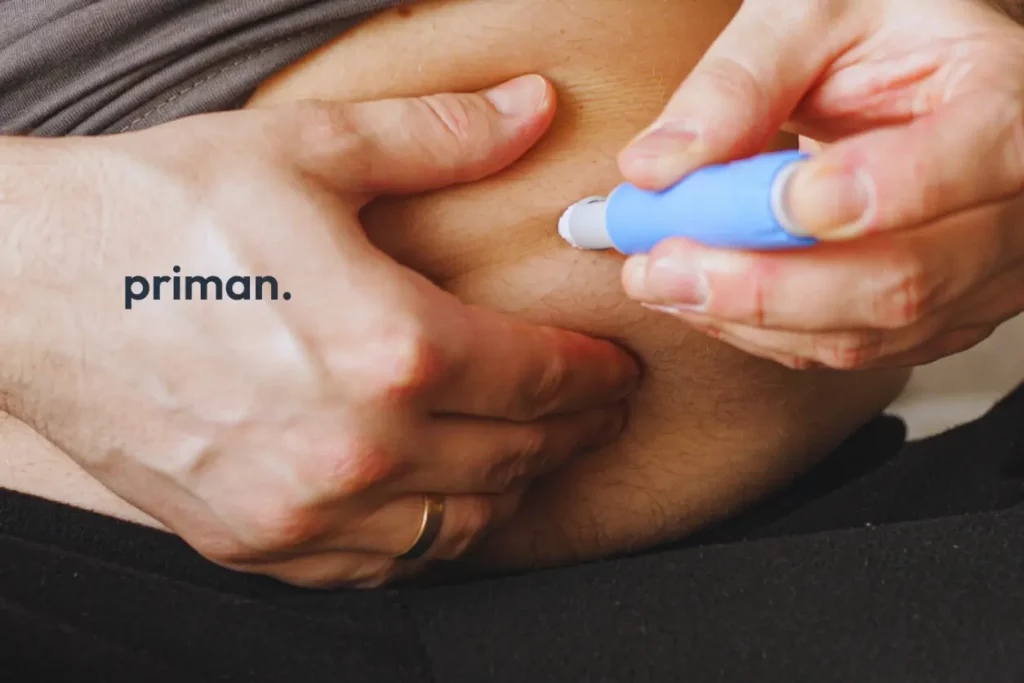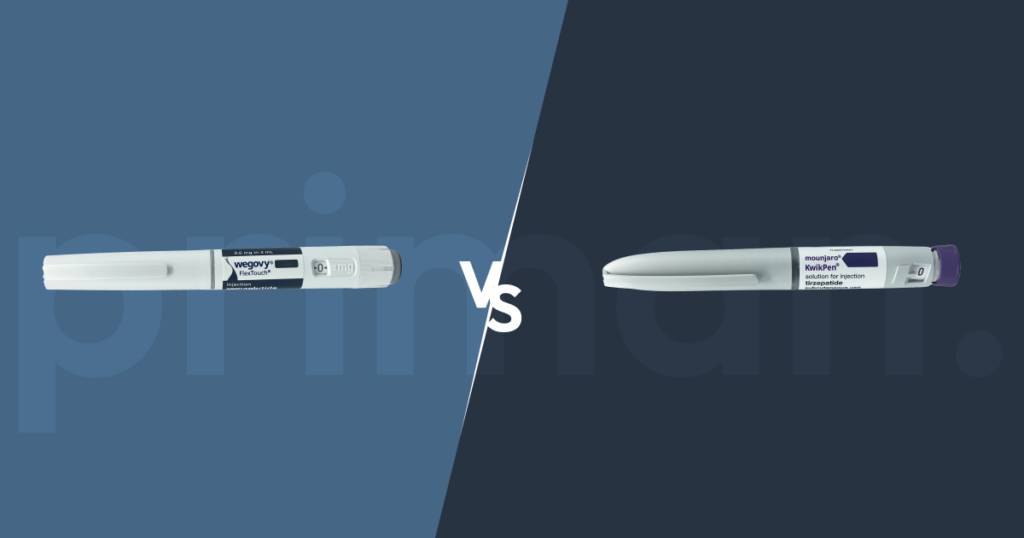Hair loss can be a stressful experience, and while genetics often play a starring role, other lifestyle factors can influence your crowning glory. One such factor generating increasing curiosity is obesity. So, can carrying extra pounds translate to a receding hairline?
Does obesity cause hair loss?
Research suggests that obesity isn’t a direct cause of hair loss. However, there’s a growing body of evidence pointing towards an indirect correlation. A study published in the esteemed journal Nature explored how a high-fat diet or obesity induced through genetic means impacted hair loss in mice. The findings revealed that obesity led to the depletion of hair follicle stem cells (HFSCs) through the production of inflammatory signals. These signals disrupted the regeneration process of hair follicles, ultimately leading to hair thinning and loss.
Understanding Hair Science
Understanding HFSCs is crucial. These are like tiny factories within the hair follicle, responsible for hair growth and renewal. During the natural hair growth cycle, HFSCs self-renew, ensuring continuous hair growth. However, with age, these factories slow down production, leading to hair thinning. Obesity, through the mechanism mentioned earlier, disrupts this self-renewal process, potentially accelerating hair loss.
Other Contributory Factors
Inflammation isn’t the only culprit. Obesity can also influence hair health through various other factors:
- Nutritional Deficiencies: Obesity can sometimes be linked to a lack of essential vitamins and minerals required for healthy hair growth. Deficiencies in vitamin D, B12, and iron are all potential contributors to hair loss.
- Hormonal Imbalances: Obesity can disrupt hormone balance, particularly insulin. Insulin growth factor (IGF) plays a vital role in hair growth by promoting blood flow to the hair follicle. Reduced IGF due to obesity can deprive the hair follicles of vital nutrients, leading to hair loss.
- Genetics: Androgenetic alopecia, commonly known as male or female pattern baldness, is a hereditary condition leading to hair loss.
- Chronic Stress: Obesity is often linked to chronic stress, which can negatively impact hair growth. Stress hormones can disrupt the hair growth cycle and lead to hair loss.
Lifestyle Modifications Matter
While obesity might not be the sole reason for hair loss, it can certainly be a contributing factor. If you’re experiencing hair loss, it’s crucial to consult a trichologist (a hair loss specialist) or dermatologist to determine the underlying cause.
The good news is that by addressing your weight and adopting a healthy lifestyle, you might see improvements in your hair health.
Here are some tips:
- Diet: A balanced diet rich in fruits, vegetables, whole grains, and lean protein ensures your body gets the nutrients it needs for healthy hair growth. Consider consulting a nutritionist to create a personalised plan.
- Exercise: Regular physical activity helps combat inflammation and improves overall health, potentially benefiting hair growth. Aim for at least 150 minutes of moderate-intensity exercise per week.
- Stress Management: Chronic stress can contribute to hair loss. Techniques like yoga, meditation, or deep breathing can help manage stress levels.
- Scalp Care: Maintaining a clean scalp promotes healthy hair growth. Wash your hair regularly with a gentle shampoo and avoid harsh chemicals or excessive heat styling.
Medical Treatments for Hair Loss in the UK
Hair loss can be a frustrating experience, but there are effective medical treatments to try along with lifestyle modifications. Here’s a look at the most popular options:
- Minoxidil: This over-the-counter topical medication is a mainstay for hair loss treatment. It comes as a liquid, foam, or shampoo and stimulates hair growth by widening blood vessels around follicles. While effective for some, results can take up to a year and require consistent use.
- Finasteride: This prescription medication is for men only. It works by blocking the conversion of testosterone to DHT, a hormone linked to male pattern baldness. Studies show positive results, but potential side effects like decreased libido necessitate a healthcare professional’s consultation.
- Hair Transplants: This surgical procedure involves transplanting hair follicles from a donor area on the scalp to a balding area. It offers a permanent solution for some, but requires a consultation with a qualified surgeon to determine suitability.
Remember, these are just some common options, and the best course of treatment depends on the underlying cause of your hair loss. Consulting a trichologist is crucial for an accurate diagnosis and personalised treatment plan.
The Takeaway
Maintaining a healthy weight is crucial for overall well-being, and it might just benefit your hair too. Remember, hair loss can have multiple causes, so a holistic approach that addresses diet, exercise, stress management, and proper hair care is key. By working with a healthcare professional, you can develop a plan to address hair loss and promote healthy hair growth with lifestyle modification coupled up with or without medication.
References
- British association of dermatologists (2019) Org.uk. Available at: https://www.bad.org.uk/pils/hair-loss-male-pattern-androgenetic-alopecia/ .
- Finasteride (2023) nhs.uk. Available at: https://www.nhs.uk/medicines/finasteride/.
- Hair loss (2024) nhs.uk. Available at: https://www.nhs.uk/conditions/hair-loss/.
- Kesika, P. et al. (2023) “Role and mechanisms of phytochemicals in hair growth and health,” Pharmaceuticals (Basel, Switzerland), 16(2), p. 206. doi: 10.3390/ph16020206.
- Morinaga, H. et al. (2021) “Obesity accelerates hair thinning by stem cell-centric converging mechanisms,” Nature, 595(7866), pp. 266–271. doi: 10.1038/s41586-021-03624-x.
- Tokyo Medical and Dental University (2021) “Eating less fat may save your hair,” Science Daily, 21 September. Available at: https://www.sciencedaily.com/releases/2021/09/210921125146.htm.









